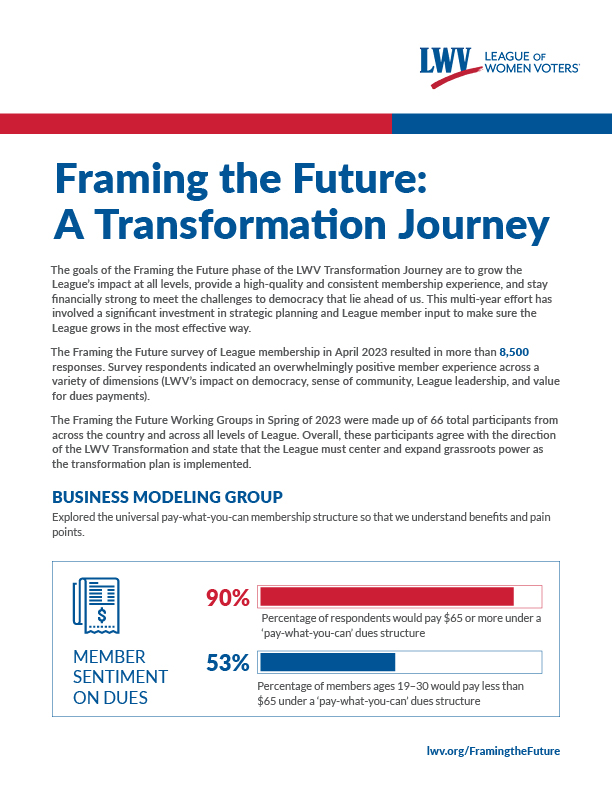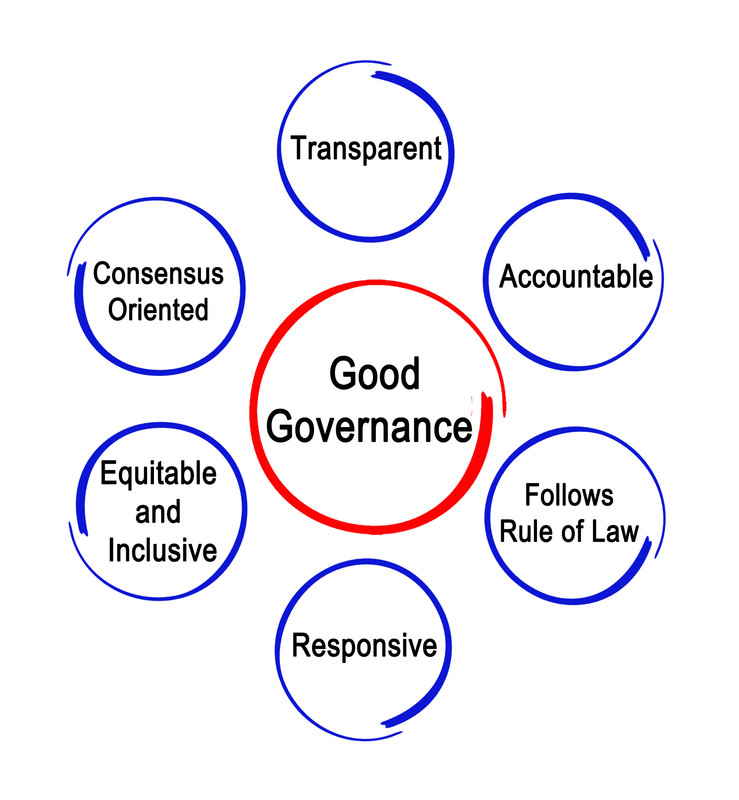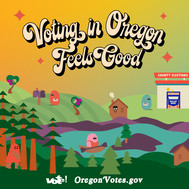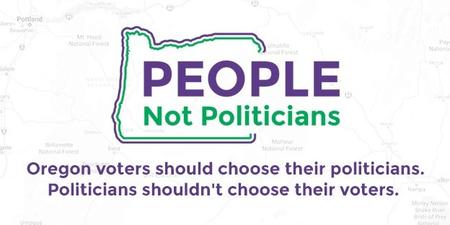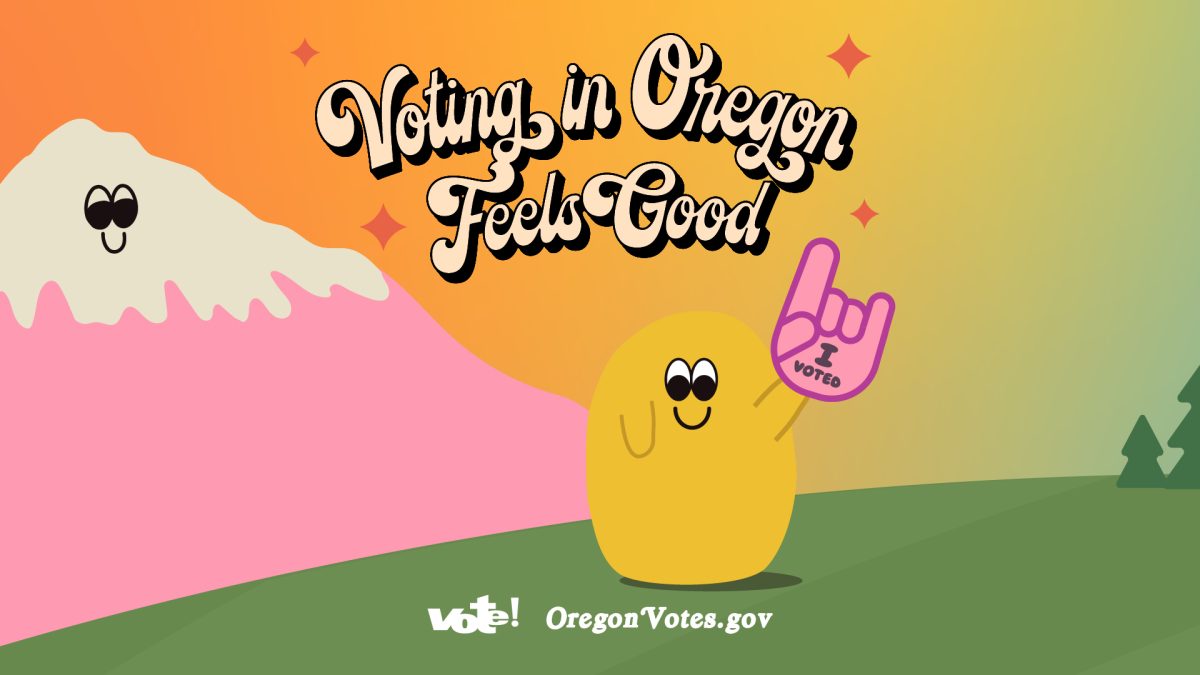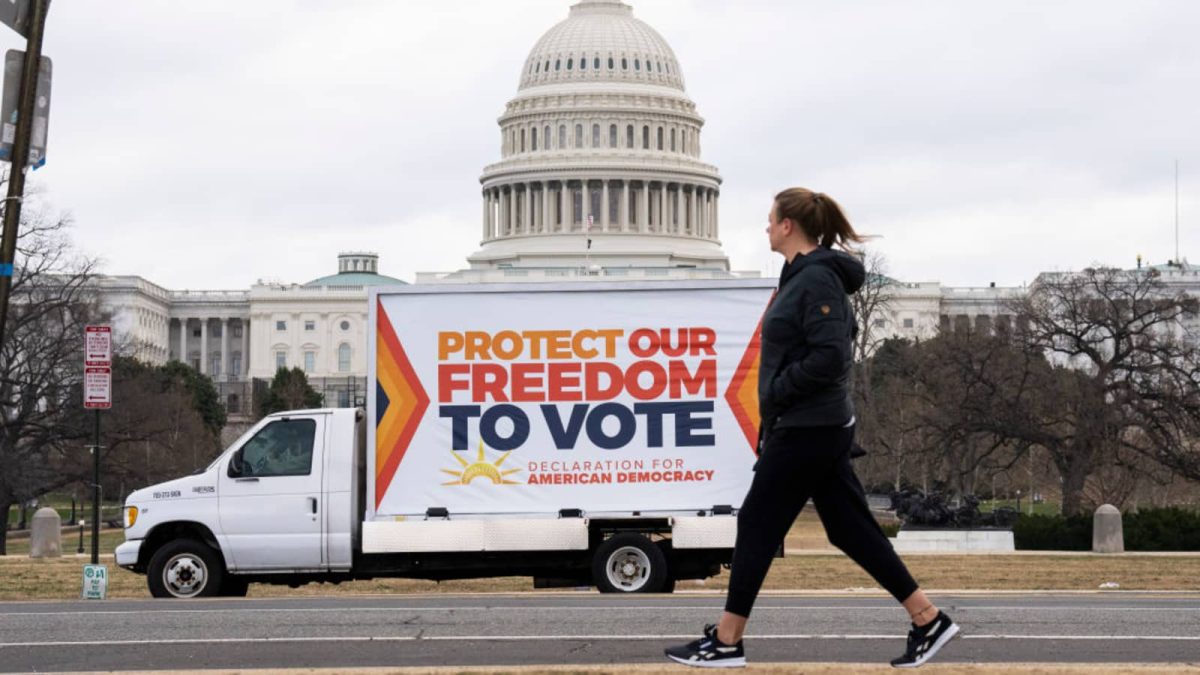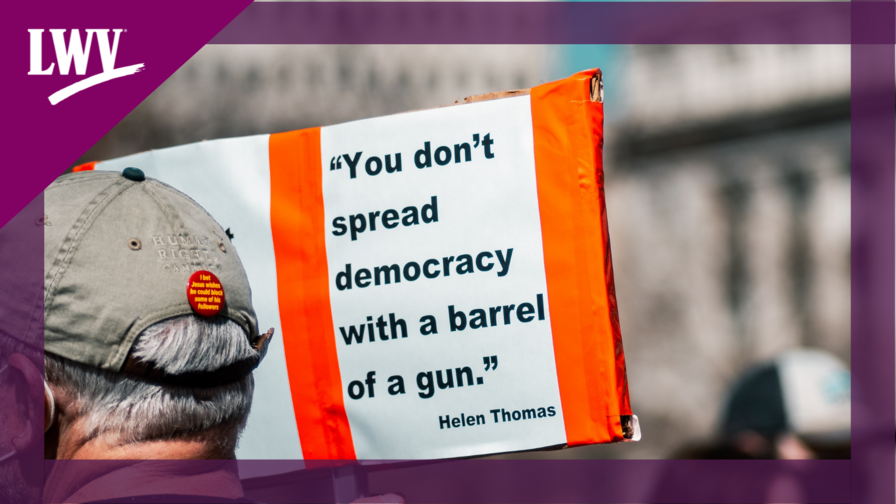Over the past decade, the League has embarked on a Transformation Journey, an endeavor to build the next century of the League of Women Voters. This Transformation Journey centers our mission and empowers our League community at every level. It facilitates the real work of democracy that League members lead in our states and communities.
Introduced at our 2018 National Convention, a Transformation Roadmap was formulated with input from Leagues at all levels as an action plan for continuing the evolution of the League by building a renewed, larger, more unified, and more impactful organization. Then, at our 2020 National Convention, League delegates voted to elevate the DEI Policy to the same organizational importance as the Nonpartisan Policy.
At our National Convention in June 2022, League delegates adopted bylaws and budget commitments to take this transformation to the next level. These commitments were our Structure Transformation Plan, the next phase of our shared vision of the League’s future. I am proud that League members, staff, board, and convention delegates came together for this historic commitment. Together, we fix our eyes on meeting the needs of all voters, being a national leader for democracy defense, empowering our communities, growing our membership in number and diversity, and strengthening our grassroots power.
Years of research and planning formulated the blueprint of our work. We made a real commitment last year with our Structure Transformation Plan. Now, we enter the next phase of our transformation journey: building out the framework of our future. I am so excited to build it together with all of you.
– Dr. Deborah Ann Turner, LWVUS board president
ChapterSpot, the new League membership platform, will provide a centralized portal where any person can join the League or renew their membership, regardless of which League they are joining. This will improve the member experience by making the joining process consistent across Leagues and will allow new members to join their local League from LWV.org.
LWV Klamath is part of this process. See our HOME page and JOIN US page for more details, including
- video
- FAQs
- graphics
- detailed information
- links to our own portal and join/renewal page
Joining the League
A more streamlined joining process will facilitate the engagement of more members, through local, state, and national websites and through national membership campaigns.
How will a member identify a League at the time of joining? Is this done by address?
There will be a way to select the League to which the new member belongs. As now, members will continue to have the option to choose which League they would like to join.
Will members still be able join at the state level as at-large members?
Yes.
Will members be required to join online?
There will still be the option to join with a paper form and a check. Information from paper forms will need to be entered manually by the local League, so the online method is preferred to minimize the administrative burden on volunteers.
Membership Renewal
Auto-renewal will improve member retention to increase overall membership numbers.
Can membership payments be made in installments?
This will not be available at first but may be possible down the line.
Can members auto-renew?
Yes. Members will also be able to choose not to auto-renew.
Will members automatically be notified to renew and when will that happen?
Yes, members will be automatically notified when it is time for them to renew their membership. The first renewal reminder will be sent 60 days before the member’s expiration, a second will be sent 30 days before their expiration, a third will be sent the day before expiration, and a final reminder will be sent 45 days after they have expired. Leagues will be encouraged to reach out to members who haven’t renewed after the second and third email reminders. Updated 10/31/24
Are renewal dates rolling?
Yes. This means members who renew will do so a year after their previous renewal/join date. Not all members will join on the same date, as is currently the case with some Leagues.
Membership Dues
The League’s new dues structure aims to expand the membership pool beyond those who can afford the standard dues amount while setting a recommended amount that will fund the essential activities of the League.
How much will dues cost for individuals?
Individuals will be encouraged to pay a standard rate of $75. There will be higher tiers for those who choose to pay more ($150, $250, $500), as many Leagues currently have, and there will also be a pay-what-you-can option, where members can choose their own dues amount, at a minimum of $20.
In a pay-what-you-can model, is there any possibility of members joining below the $20 floor?
Leagues can choose to subsidize the $20 for members if they choose.
Are there parameters around who can pay less than the floor amount of $20?
Not yet, but this will be determined by each local League, as they will be responsible for the floor payment of $20.
How will credit card fees be handled?
Each level of League will pay the fee on the percentage of dues they receive. There will be the option for members to pay via ACH rather than credit card, for which the fees will be lower.
How frequently will my League receive member dues?
Member dues will come to your League’s Stripe account at the time of payment. Your League can choose the frequency with which this is distributed to your bank account based on the treasurer’s capacity to reconcile deposits as well as cash flow needs. Stripe offers daily, weekly, monthly, and manual options.
Will dues be tax-deductible?
Portions of dues that are going to 501(c)(3)s will be tax-deductible (e.g. if the local League is a (c)(3), the 20% going to them will be tax-deductible). A receipt will be sent to joining/renewing members which should be able to indicate the amount that is tax-deductible. This is true regardless of whether members pay online or by check.
How will a pay-what-you-can membership dues structure increase membership diversity?
While it can’t be guaranteed that the sliding dues scale will diversify League membership, it will remove or lessen one important barrier to participation by ensuring people can participate in LWV even if they lack the funds to join at a higher rate. Leagues know from their pro-voter advocacy that removing barriers drives greater participation. The purpose is to make it easier for younger and lower-income people to join the League, but lower dues are only one aspect of building an accessible and welcoming organization, and they need to be implemented alongside the League’s DEI initiatives and organizing approaches.
How the Changes Will Help LWV Build Power
- Joining with a link that will be available on any League website simplifies joining, reducing the frustration of searching for a local League or visiting the national site and then having difficulty finding a local League. LWVUS can also more effectively encourage membership through social media, and a QR code will make it easier for people to join at community events.
- By removing barriers to participation, the pay-what-you-can model will encourage more members and a more diverse membership. LWVUS expects the higher join tiers to finance the pay-what-you-can model.
- The new dues split allocates a larger percentage of dues to state Leagues. This is intended to build their capacity to exercise political power within their legislature, support professional paid staff, build organizing strength, and support local Leagues to simplify our federated structure.
- Local Leagues will retain a larger percentage of dues to finance local work.
- LWVUS predicts 3/4 of local Leagues will come out financially ahead from the start, and LWVUS will make up any shortfall in membership dues collected for two years.
